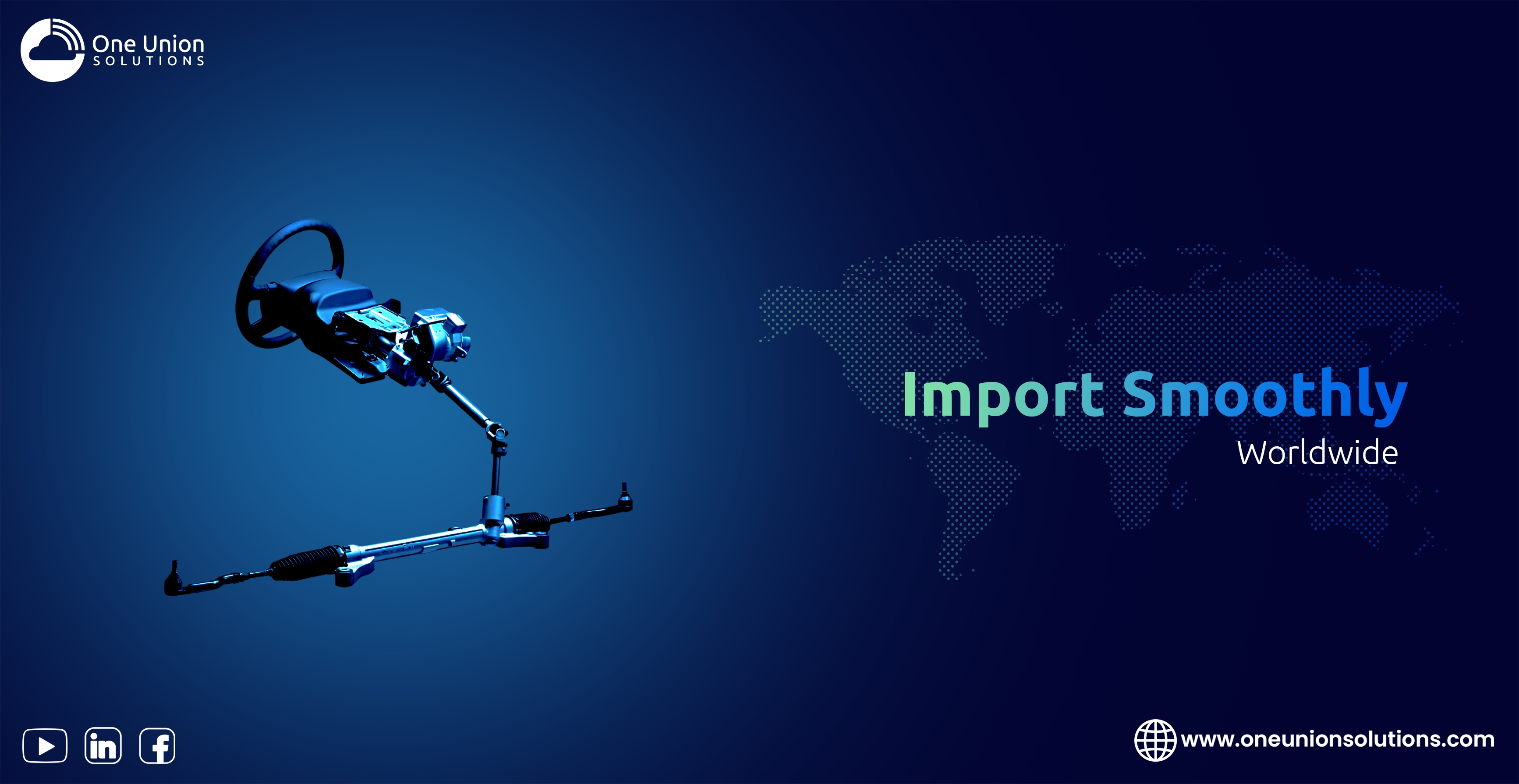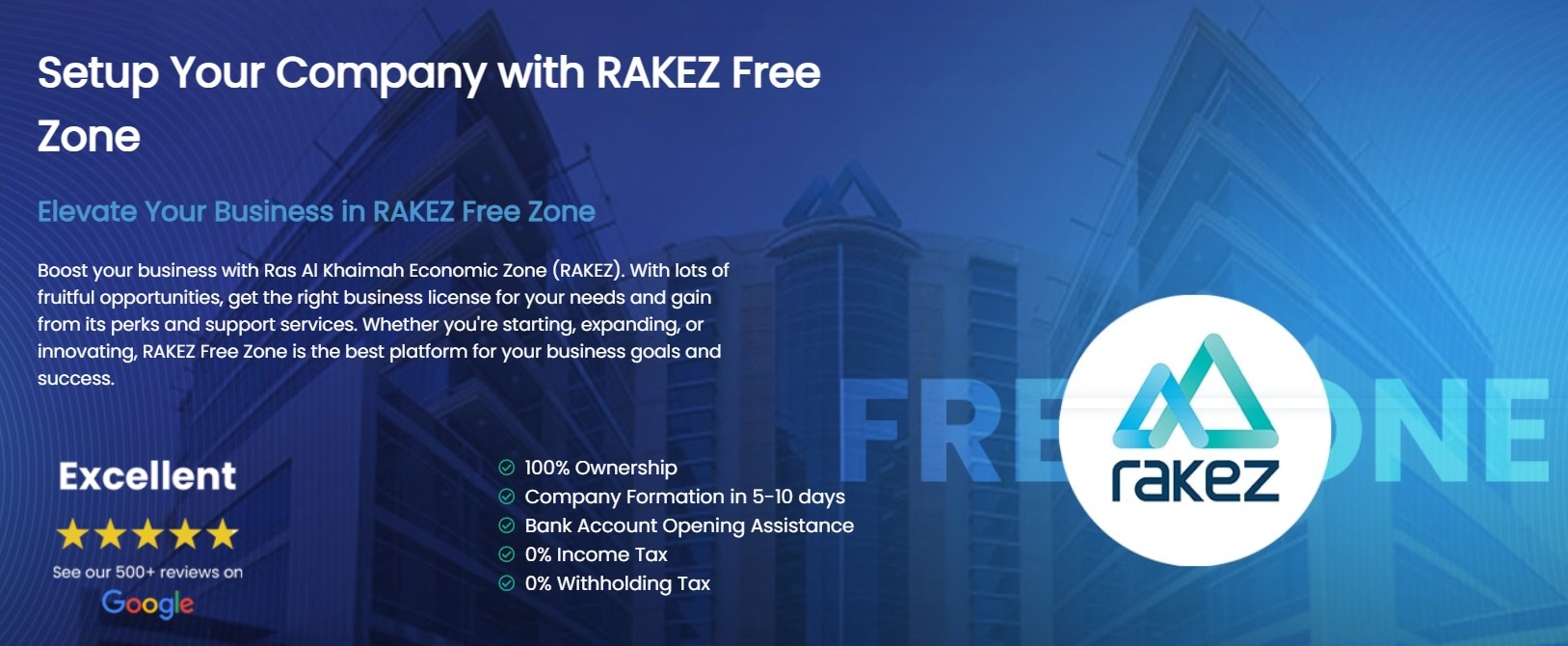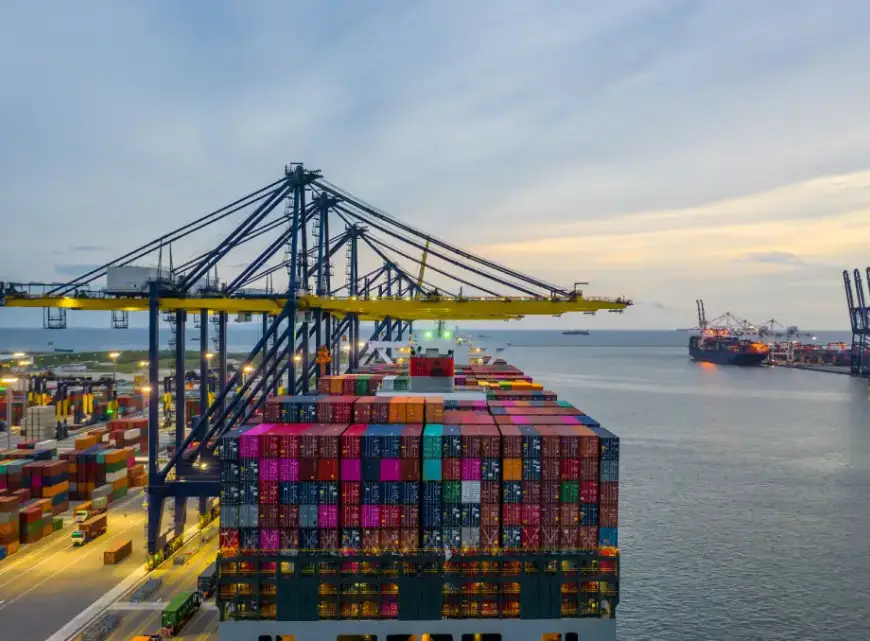How can domestic production reduce African youths unemployment and the rise of informal street vending as a survival strategy?
Domestic production can reduce youth unemployment and the rise of informal street vending by creating a formal, structured economy with diverse job opportunities and skill-building pathways.
The informal street vending sector often serves as a survival strategy for young people with few other options, but it's a vulnerable form of work with limited potential for growth.
Local production offers a sustainable alternative by creating a virtuous cycle of job creation, skills development, and economic growth.
1. Direct Job Creation and Formal Employment-
When a country focuses on local production, it creates a wide range of formal jobs in factories, workshops, and distribution centers.
These are stable jobs with regular wages, social security benefits, and legal protections that informal vending lacks. By producing goods like textiles, processed foods, and furniture locally, a country can directly employ thousands of young people who would otherwise be unemployed or forced into the informal economy.
This shift provides a more secure and reliable source of income, reducing the necessity of turning to street vending as a last resort.
2. Skills Development and Vocational Training-
Local industries require a skilled workforce.
This increased demand for skilled labor would drive the creation of technical and vocational training programs that teach young people practical skills in manufacturing, engineering, design, and logistics. Instead of simply selling pre-made products, youth can become skilled technicians, engineers, and designers.
This not only makes them more employable but also gives them the tools to innovate and start their own businesses.
These skills provide a foundation for a long-term career, moving them beyond the precarious existence of street vending.
3. Fostering Entrepreneurship Beyond Vending-
While street vending is a form of entrepreneurship, it is often low-value and difficult to scale.
A focus on local production opens the door for young people to become producers and innovators rather than just vendors.
With a guaranteed local market, young entrepreneurs can start businesses that produce goods to fill the supply gaps left by reduced imports.
This could involve everything from small-scale agro-processing to creating a local furniture brand.
These businesses have the potential to grow, create more jobs, and build generational wealth, offering a far more robust path to economic ownership than street vending.
Domestic production can reduce youth unemployment and the rise of informal street vending by creating a formal, structured economy with diverse job opportunities and skill-building pathways.
The informal street vending sector often serves as a survival strategy for young people with few other options, but it's a vulnerable form of work with limited potential for growth.
Local production offers a sustainable alternative by creating a virtuous cycle of job creation, skills development, and economic growth.
1. Direct Job Creation and Formal Employment-
When a country focuses on local production, it creates a wide range of formal jobs in factories, workshops, and distribution centers.
These are stable jobs with regular wages, social security benefits, and legal protections that informal vending lacks. By producing goods like textiles, processed foods, and furniture locally, a country can directly employ thousands of young people who would otherwise be unemployed or forced into the informal economy.
This shift provides a more secure and reliable source of income, reducing the necessity of turning to street vending as a last resort.
2. Skills Development and Vocational Training-
Local industries require a skilled workforce.
This increased demand for skilled labor would drive the creation of technical and vocational training programs that teach young people practical skills in manufacturing, engineering, design, and logistics. Instead of simply selling pre-made products, youth can become skilled technicians, engineers, and designers.
This not only makes them more employable but also gives them the tools to innovate and start their own businesses.
These skills provide a foundation for a long-term career, moving them beyond the precarious existence of street vending.
3. Fostering Entrepreneurship Beyond Vending-
While street vending is a form of entrepreneurship, it is often low-value and difficult to scale.
A focus on local production opens the door for young people to become producers and innovators rather than just vendors.
With a guaranteed local market, young entrepreneurs can start businesses that produce goods to fill the supply gaps left by reduced imports.
This could involve everything from small-scale agro-processing to creating a local furniture brand.
These businesses have the potential to grow, create more jobs, and build generational wealth, offering a far more robust path to economic ownership than street vending.
How can domestic production reduce African youths unemployment and the rise of informal street vending as a survival strategy?
Domestic production can reduce youth unemployment and the rise of informal street vending by creating a formal, structured economy with diverse job opportunities and skill-building pathways.
The informal street vending sector often serves as a survival strategy for young people with few other options, but it's a vulnerable form of work with limited potential for growth.
Local production offers a sustainable alternative by creating a virtuous cycle of job creation, skills development, and economic growth.
1. Direct Job Creation and Formal Employment-
When a country focuses on local production, it creates a wide range of formal jobs in factories, workshops, and distribution centers.
These are stable jobs with regular wages, social security benefits, and legal protections that informal vending lacks. By producing goods like textiles, processed foods, and furniture locally, a country can directly employ thousands of young people who would otherwise be unemployed or forced into the informal economy.
This shift provides a more secure and reliable source of income, reducing the necessity of turning to street vending as a last resort.
2. Skills Development and Vocational Training-
Local industries require a skilled workforce.
This increased demand for skilled labor would drive the creation of technical and vocational training programs that teach young people practical skills in manufacturing, engineering, design, and logistics. Instead of simply selling pre-made products, youth can become skilled technicians, engineers, and designers.
This not only makes them more employable but also gives them the tools to innovate and start their own businesses.
These skills provide a foundation for a long-term career, moving them beyond the precarious existence of street vending.
3. Fostering Entrepreneurship Beyond Vending-
While street vending is a form of entrepreneurship, it is often low-value and difficult to scale.
A focus on local production opens the door for young people to become producers and innovators rather than just vendors.
With a guaranteed local market, young entrepreneurs can start businesses that produce goods to fill the supply gaps left by reduced imports.
This could involve everything from small-scale agro-processing to creating a local furniture brand.
These businesses have the potential to grow, create more jobs, and build generational wealth, offering a far more robust path to economic ownership than street vending.
0 Commentaires
0 Parts
1KB Vue
0 Aperçu









